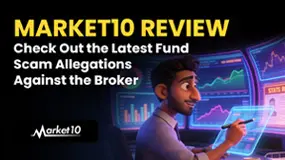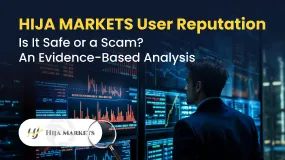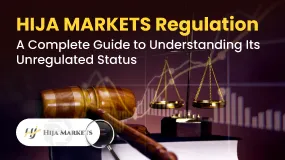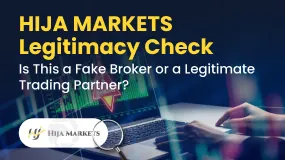Abstract:So, before we go any further, we need to figure out what our risk tolerance is for trading. It simply refers to the maximum amount of risk you are willing to take on per deal. It differs from money management in that money management focuses on the capacity to suffer a succession of losses, whereas risk tolerance focuses on the ability to survive a single loss.
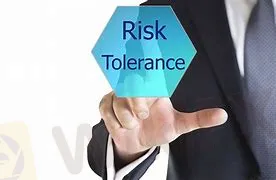
In trading, what is risk tolerance?
So, before we go any further, we need to figure out what our risk tolerance is for trading. It simply refers to the maximum amount of risk you are willing to take on per deal. It differs from money management in that money management focuses on the capacity to suffer a succession of losses, whereas risk tolerance focuses on the ability to survive a single loss.
What I mean is that some traders are perfectly content to risk 3% on a trade, while others prefer to risk 0.5 percent on the identical set up. Overall, it's a bit of a personal matter, because each person and trader is unique. Knowing your risk tolerance, on the other hand, will be critical to your performance, as if you are not comfortable in a position, you may find yourself departing much too soon. What's more, a lot of the time when you're in that situation, your original analysis may be true, but you'll find yourself leaping out of the market based on fear rather than anything substantive. There are few things more frustrating than seeing a situation turn in your favor after you've been spooked a little.
How Do You Know What Your Risk Tolerance Is?
It's considerably easier than you would think to figure out your risk tolerance. To begin, bear in mind that knowing money management is critical, therefore I'll give you a few of actual examples:
Let's imagine you place a position and put 1% of your whole account at risk on the stop loss. If you feel completely at ease in this situation, you know you're well inside your risk tolerance. Getting up and walking away from the computer is a simple workout. Continue on with your day and see whether you are unduly anxious with how the position is doing. You are most likely inside your risk tolerance if you can go to work, the park, or spend time with your family or friends without constantly monitoring the position.
Perhaps you'll take a 2% risk in another trade. In this situation, you become increasingly concerned about the deal and inquire about its progress on a regular basis. It's over your risk tolerance if it's giving you stress. That's all there is to it. I can't tell you how many times I've found myself trading over my risk tolerance, had a deal go against me, and then turned around to get out at breakeven simply to get rid of the unpleasant sensation. Naturally, the transaction continues to favor me, and I would have made a tidy profit. The psychological tension might have a significant impact on the outcome of the deal.

Measure Your Risk Tolerance With This Exercise
I'll conclude with a little exercise. On the stop loss, make a transaction with a total risk of 0.5 percent. As you step away from the computer, take note of how you're feeling and let the market take its course. If you don't mind, the following transaction should be 0.75 percent using the same settings and observations. From there, just add 0.25 percent each time you conduct a trade until it becomes impossible to leave the market alone.
Some people are willing to take risks with huge sums of money, such as 20%. When it comes to money management, that's an entirely different topic. Money management indicates that you should not take such a large financial risk, but at the end of the day, finding a suitable range in which you can let the trade alone to figure out which way it will go in is one of the most important stages toward becoming a lot more professional trader. For what it's worth, I've discovered that my risk tolerance is around 1%. Yours may be different, but those sorts of trades may compound into excellent profits over time.






